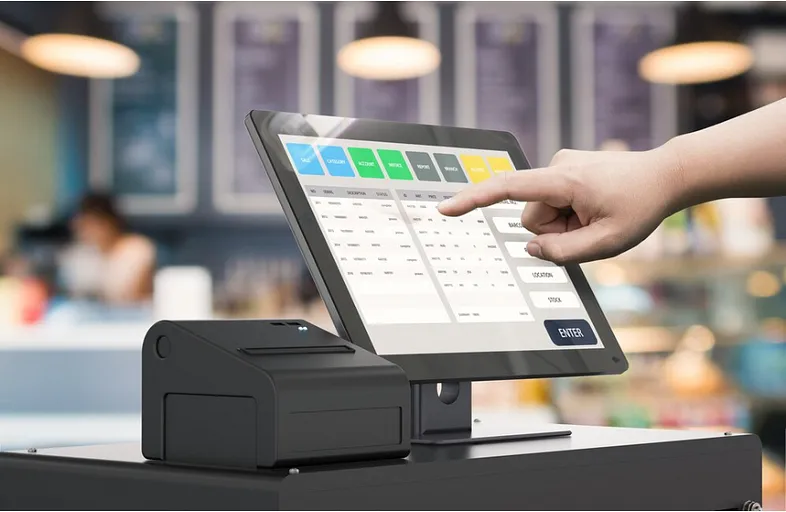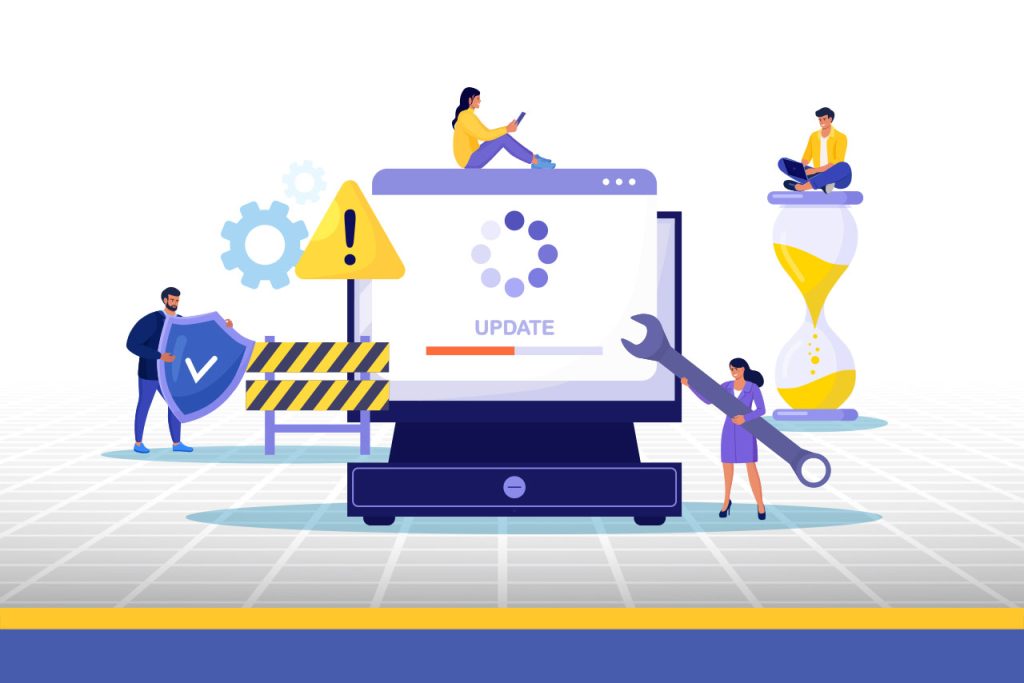How POS Systems Can Facilitate Better Team Collaboration

In today’s fast-paced business environment, collaboration is essential for success, particularly in retail and hospitality sectors where teamwork drives customer satisfaction and operational efficiency. Point of Sale (POS) systems, traditionally viewed as mere transaction tools, have evolved significantly. They now play a pivotal role in enhancing team collaboration across various business functions. Here’s how POS systems facilitate better teamwork and foster a collaborative culture.
1. Centralized Communication
Modern POS systems serve as a hub for communication among team members. By integrating features like messaging, alerts, and notifications, employees can stay connected in real time. For instance, a cashier can instantly notify kitchen staff about a new order or inform managers about low stock levels. This seamless communication reduces delays and misunderstandings, allowing teams to respond quickly to customer needs.
2. Real-Time Data Access
With a cloud-based POS system, all team members can access vital data anytime, anywhere. This accessibility enables staff to make informed decisions based on up-to-date information about sales, inventory levels, and customer preferences. For example, if a sales associate sees that a product is running low, they can coordinate with inventory management to restock it before it runs out. This proactive approach minimizes disruptions and keeps operations smooth.
3. Streamlined Workflow Management
POS systems come equipped with tools to streamline workflows. By automating routine tasks—such as tracking sales, managing inventory, and processing payments—employees can focus on more strategic activities that require collaboration. For instance, team members can collectively analyze sales reports generated by the POS to identify trends and strategize on promotions or product placements. This shared responsibility encourages a collaborative atmosphere where everyone contributes to the overall success.
4. Enhanced Customer Engagement
Collaboration doesn’t just happen behind the scenes; it extends to customer interactions. A well-integrated POS system allows staff to share customer information, such as purchase history and preferences, across different departments. For example, sales associates can work with marketing teams to tailor promotions based on customer behavior. When the entire team is informed about customer interactions, they can collectively create a more personalized and engaging experience for shoppers.
Also read: The Benefits of Regularly Reviewing Your POS System’s Performance
5. Efficient Task Management
Many modern POS systems include task management features that allow managers to assign tasks directly to team members. This functionality ensures that everyone is on the same page regarding responsibilities, deadlines, and priorities. For instance, a manager can assign restocking duties to certain team members while others focus on customer service. By clearly defining roles and tasks, teams can collaborate more effectively, ensuring that operations run smoothly.
6. Training and Development Opportunities
POS systems can also facilitate collaboration through training modules and resources. New employees can access training materials directly through the system, while experienced team members can share best practices and tips. This knowledge-sharing environment fosters teamwork, as seasoned employees can mentor newcomers, promoting a culture of collaboration and continuous improvement.
7. Performance Monitoring and Feedback
A collaborative team thrives on constructive feedback and performance monitoring. POS systems provide detailed reports and analytics that help teams understand their performance metrics. By reviewing sales data and customer feedback together, teams can discuss areas for improvement and celebrate successes. This collective analysis fosters a culture of accountability and motivates team members to work together toward common goals.
8. Cross-Department Collaboration
In businesses with multiple departments—such as retail and inventory management—a POS system can bridge gaps between teams. For example, sales staff can easily communicate with inventory managers to ensure that popular items are stocked appropriately. This cross-department collaboration not only improves efficiency but also strengthens relationships among team members, promoting a unified business strategy.
Conclusion
Incorporating a robust POS system into your business isn’t just about managing sales and inventory; it’s about enhancing team collaboration. By fostering centralized communication, providing real-time data access, and streamlining workflows, POS systems empower employees to work together more effectively. As businesses continue to evolve, embracing tools that enhance collaboration will be crucial for achieving long-term success. Investing in a modern POS system can transform the way your team collaborates, ultimately leading to improved customer experiences and operational excellence.
Visit our site at www.dibtech.com.au
Visit our YouTube channel for tutorials Dibtech






